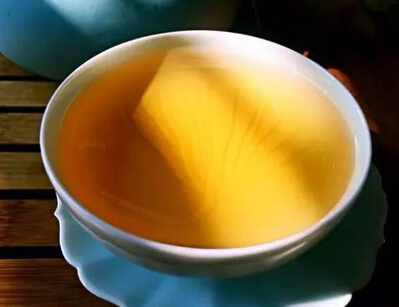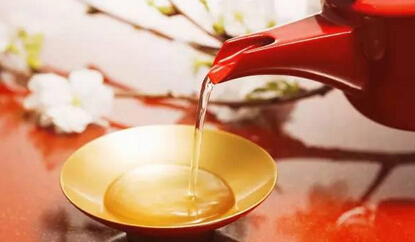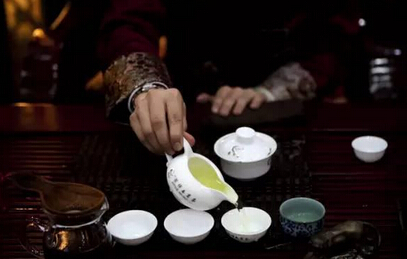
In today's information-rich world, there are still people who fail to utilize available information, and traditional tea merchants often target such individuals. Consequently, once these buyers are ensnared and isolated from the broader Pu'er tea community, they may find themselves trapped. The deeper the emotional bond, the more painful the eventual awakening.
So, what kind of tea merchants are these? What are their characteristics? How can novice white tea drinkers avoid them?
1. Creating a Positive Impression
These merchants often make a great first impression by including free tea samples or extras with your purchase, leading you to believe they are generous and kind. Inexperienced tea drinkers are particularly susceptible to such gestures.

2. "Only My Tea Is Good"
After purchasing, they integrate you into their customer circle, where they constantly reinforce the idea that major tea brands are inferior—without you even trying them. Over time, you become disconnected from the wider tea community, living solely within their curated bubble.
3. Living in an Alternate Reality
Blind trust in a person or group can distort your perception, making their words seem infallible while casting the outside world as hostile. This creates a parallel reality where your tea knowledge stagnates.
► When doubts arise, it’s a sign of awakening. You may realize your tea expertise hasn’t improved over the years. Exploring other teas can help you break free.

► Most of these merchants sell their own custom tea blends, unlike small local tea shops that carry reputable brands. While small shops may charge more due to limited wholesale advantages, their markup is understandable for business sustainability.
► Whether you’re a tea expert or not, it’s best to avoid emotional transactions when buying tea—after all, "emotions cost money." Focus on the tea itself: ask for advice, learn through tasting, and compare before buying. For inexpensive teas, experimentation is fine since taste is subjective.